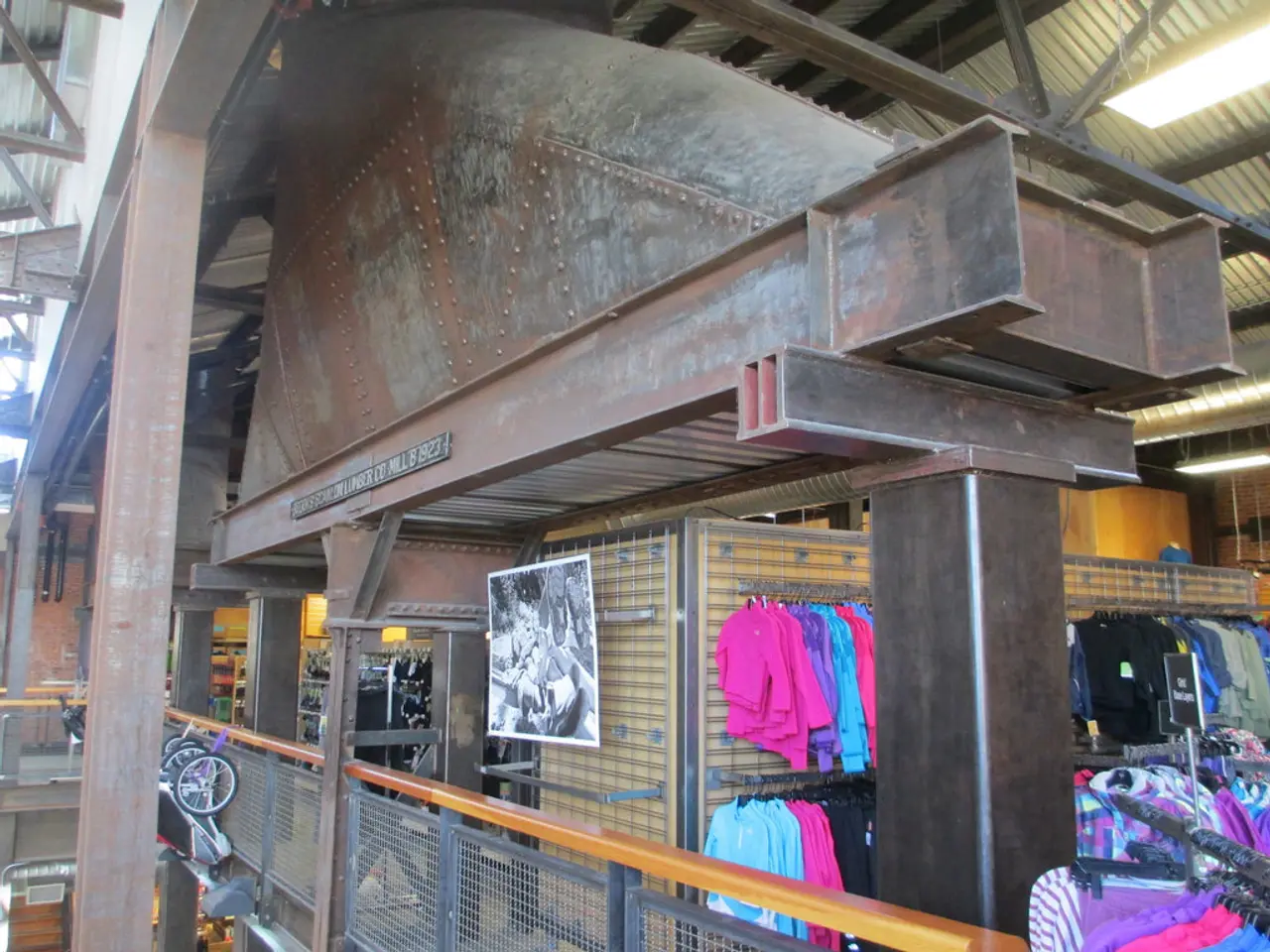Trade tension: Implementation of U.S. tariffs and Canadian counter-tariffs set for Tuesday, February 4
The United States has announced tariffs on various goods 'marked as goods of the United States' in accordance with the rules of origin set out in the Canada-US-Mexico Agreement (CUSMA) regulations. These tariffs, effective on February 4, 2025, target a wide range of products, including orange juice, peanut butter, wine, spirits, beer, coffee, motorcycles, appliances, apparel, footwear, cosmetics, and pulp and paper.
The tariffs are imposed under the International Emergency Economic Powers Act, a move that is novel and expected to be challenged in US courts. The declaration of a national emergency associated with illegal immigration and fentanyl imports is the basis for these tariffs.
However, the tariffs do not apply to goods 'that are in transit to Canada' on the day that tariffs come into force, or goods that were already loaded onto a vessel or in transit on the final mode of transport before 12:01 a.m. ET on February 1. Energy resources, such as crude oil, natural gas, lease condensates, and refined petroleum products, are subject to a 10 percent duty, while all other articles that are products of Canada are targeted with a 25 percent tariff.
The Canadian government has responded with retaliatory tariffs of 25 percent on $155 billion of US imports, starting with $30 billion worth of goods on February 4 and adding another $125 billion worth of goods 21 days later. Canadian businesses are advised to review contractual clauses, re-evaluate the origin of goods, consider diversifying supply chains, and engage legal counsel and customs brokers.
In addition, the tariffs remove the de minimis exemption for low-value imports, meaning imports of Canadian-origin goods that are valued at less than $800 will be subject to the new tariffs. The Canadian government may provide pandemic-level relief for businesses affected by the tariffs.
The provinces of Ontario and Nova Scotia have taken action, with provincially run liquor stores removing US alcohol from their shelves effective February 4. It's worth noting that there is no mention in the Order of a process to request exclusions from the tariff for particular goods.
The tariffs run contrary to the CUSMA, but the Trump Administration is positioning itself to invoke the Essential Security exemption if challenged under CUSMA. Canada may take non-tariff measures related to exports of energy and critical minerals, and the provinces may take additional measures.
As the first blows in a trade war have been fired, an uncertain period of time lies ahead. The implementation of these tariffs and the response from Canada could have significant implications for both countries and their economies.




